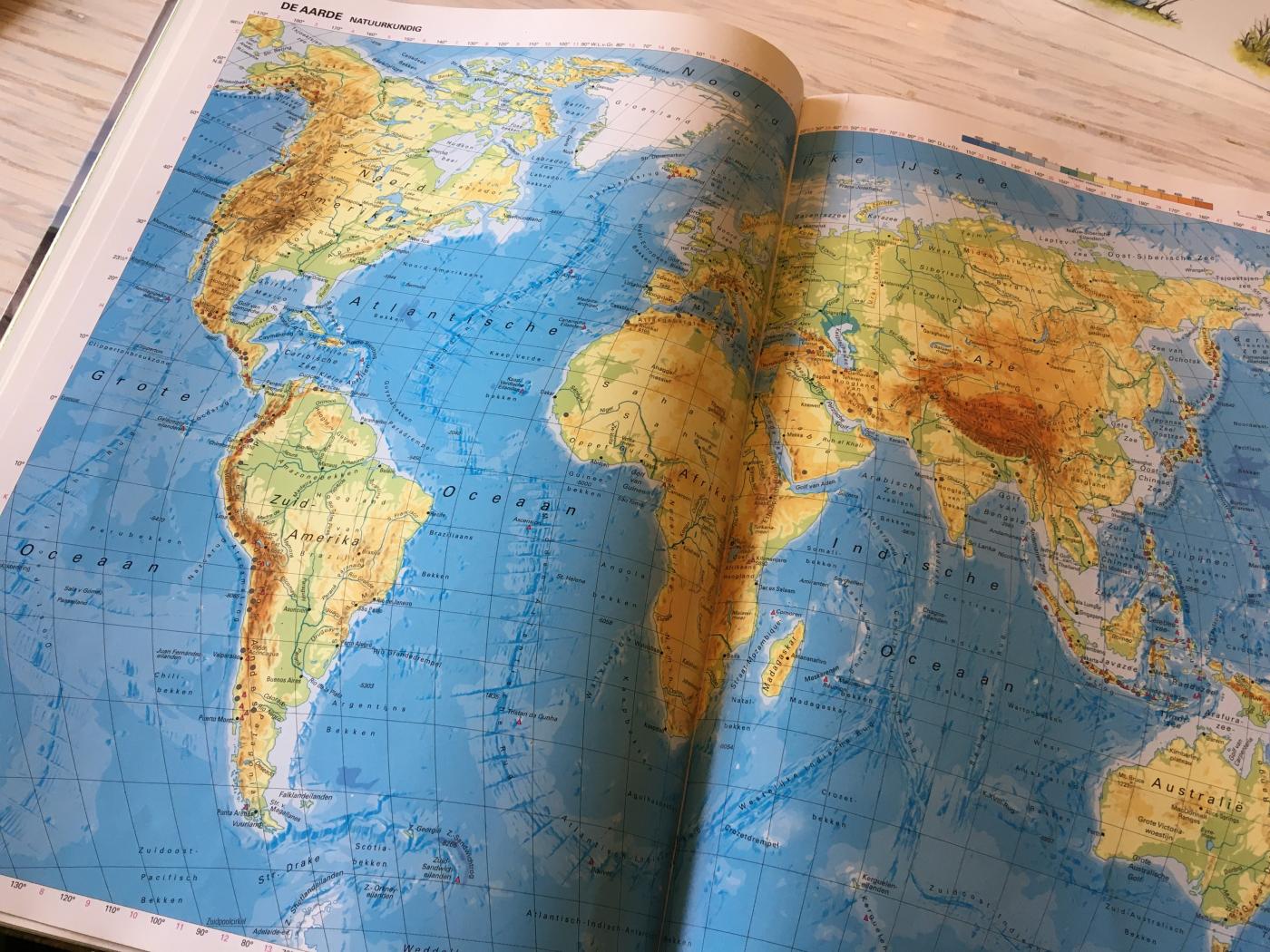How will Covid-19 impact the internationalisation of Dutch universities?

Because of the pandemic, many internationals returned home in a rush this spring and exchange programmes for students and academics alike were cancelled. Chances that things will go back to normal anytime soon are slim – even with an effective vaccine.
The question is: How can institutions plan for their internationalisation when the future’s still so uncertain? Nuffic’s four estimated scenarios for the future (in Dutch) are based on two variables: how long the Covid pandemic stays with us and what happens to international cooperation.
Build the wall
In the ‘Build the wall’ scenario, a vaccine is a long way off and countries assume an increasingly nationalistic outlook. Frequent virus outbreaks make international mobility difficult. Demand for digital education only grows and an economic crisis eats into European budgets for things like the Erasmus+ exchange programme.
Holland oh Holland
If there’s a likely vaccine but countries nevertheless adopt a nationalistic outlook, we’ll wind up in what Nuffic calls the ‘Holland oh Holland’ scenario. Educational institutions will quickly be back at full steam, but “nationalistic policy” will throw up obstacles for students who want to go abroad and foreign students seeking to come to the Netherlands. International student mobility will only partially recover and discussions around European budgets will be fractious.
Age of Asia
In the ‘Age of Asia’ scenario a vaccine is a long way off but countries do resume cooperating more, not least to head off the worst impacts of a deep economic crisis.
International exchanges will collapse and students will have to acquire most of their international competences online. During lockdowns, all kinds of digital education platforms will vie with accredited higher education. Degrees will become worth less as companies like Google switch to training more new hires themselves. Asia’s more rapid comeback from the Covid pandemic will only accelerate the eastward shift of “economic global power”, and more Asian students will opt for institutions closer to home.
Europe, global power
If we have a vaccine soon and there’s also intensive international cooperation, Nuffic foresees what it calls the ‘Europe, global power’ scenario. Astronomical tuition fees in the UK and US are putting a heavy burden on education there. This will create openings for Europe to engage more with countries like China, as well as other European partners. Europe will grow into a “solid independent power block”, Nuffic predicts. More money will go towards Erasmus scholarships and European research, and top students and researchers will more often opt for European (and Dutch) institutions.
Be on guard
Naturally, these four future scenarios aren’t set in stone. As Nuffic itself stresses, there are some constants: digital education in some form is here to stay, as is international cooperation – whether with partners in Asia or among countries in Europe. Also, countries have to be on guard for an economic crisis.
On 1 December, Nuffic is hosting a webinar (in Dutch) on these four scenarios and invites teachers, policy workers and administrators to join in the discussion.